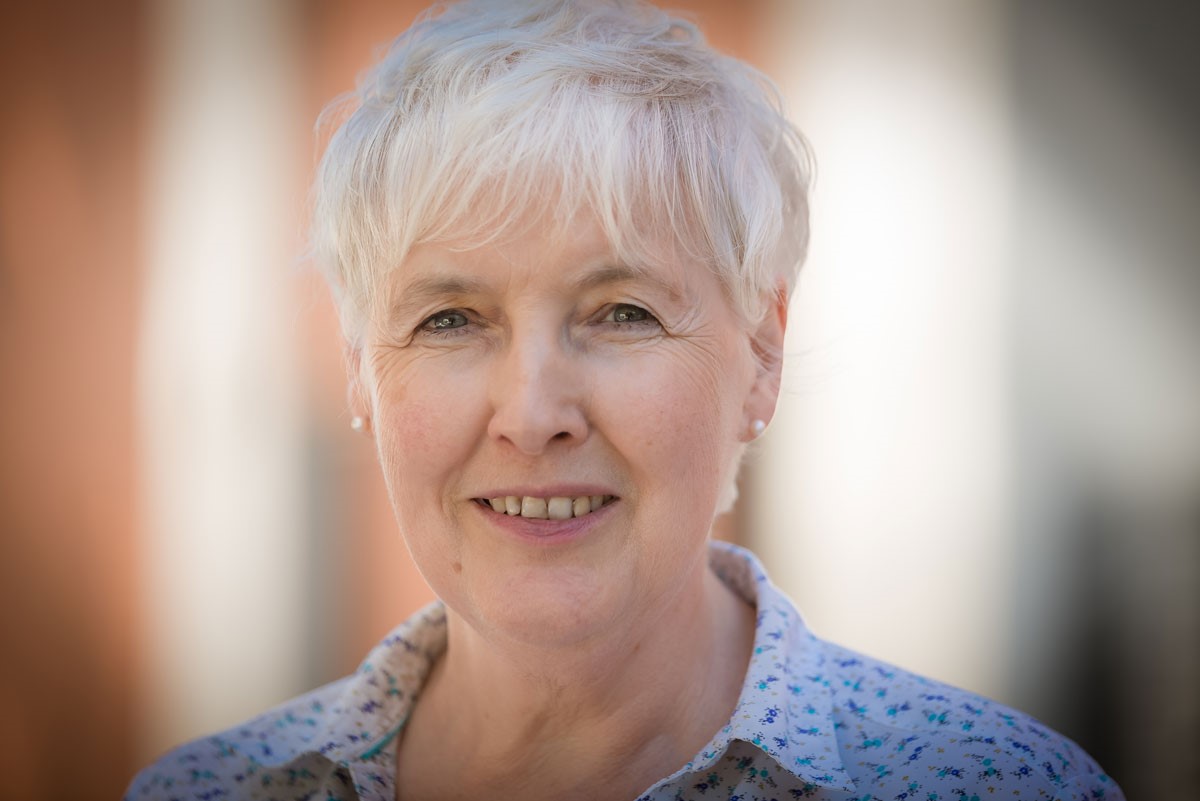
World renowned social work expert Emeritus Professor Eileen Munro of the London School of Economics visited the SWIRLS Research Centre and social work team at Flinders on Wednesday 23 October 2019, to lead informative discussions about the changing context of social work and increasing demands of accountability and professional excellence experienced in the UK.
Flinders also presented a public lecture from Professor Munro, in partnership with the Department for Child Protection and Uniting Communities, on Wednesday 23 October at Uniting Communities, 43 Franklin St, Adelaide.
Professor Munro presented on “Social Work with Children and Families”, explaining how complexity can be managed but not controlled. She explored the implications for social work in relation to its practice, and the limited predictability of human behaviour, along with outlining research into developing knowledge of universal applicability.
This event, featuring Professor Sarah Wendt, Director of the SWIRLS Research Centre at Flinders University, as MC, was the fourth in the College of Education, Psychology and Social Work’s public lecture series for 2019, following the success of the Social Transformation public lectures earlier in the year.
Professor Munro has written extensively on how best to combine intuitive and analytic reasoning in child protection risk assessment and decision-making, and the importance of understanding how systems’ factors influence workers’ actions. In 2011, she completed the Munro Review of the English Child Protection System.
She has since been working with Andrew Turnell to help 10 local authorities in England effect whole system re-design to support Signs of Safety practice with families, which test the feasibility of implementing her Review recommendations. Returning to her roots in philosophy, Eileen is also working in a five-year philosophy of social technology project that is exploring the implications of complex causality for using research findings in a new location and how this challenges traditional evidence-based practice.
During her time at Flinders, the esteemed UK visitor interacted with members of Social Work Innovation Research Living Space (SWIRLS) and staff about teaching social work students, so they have the knowledge and skills necessary for ethical professional judgement and decision making. Discussion involved preparing students to have complex skills, and how academics and social work practitioners support employers to increase their capacity for ethical professional judgement and decision making.
View the public lecture “Navigating the Complexity”

